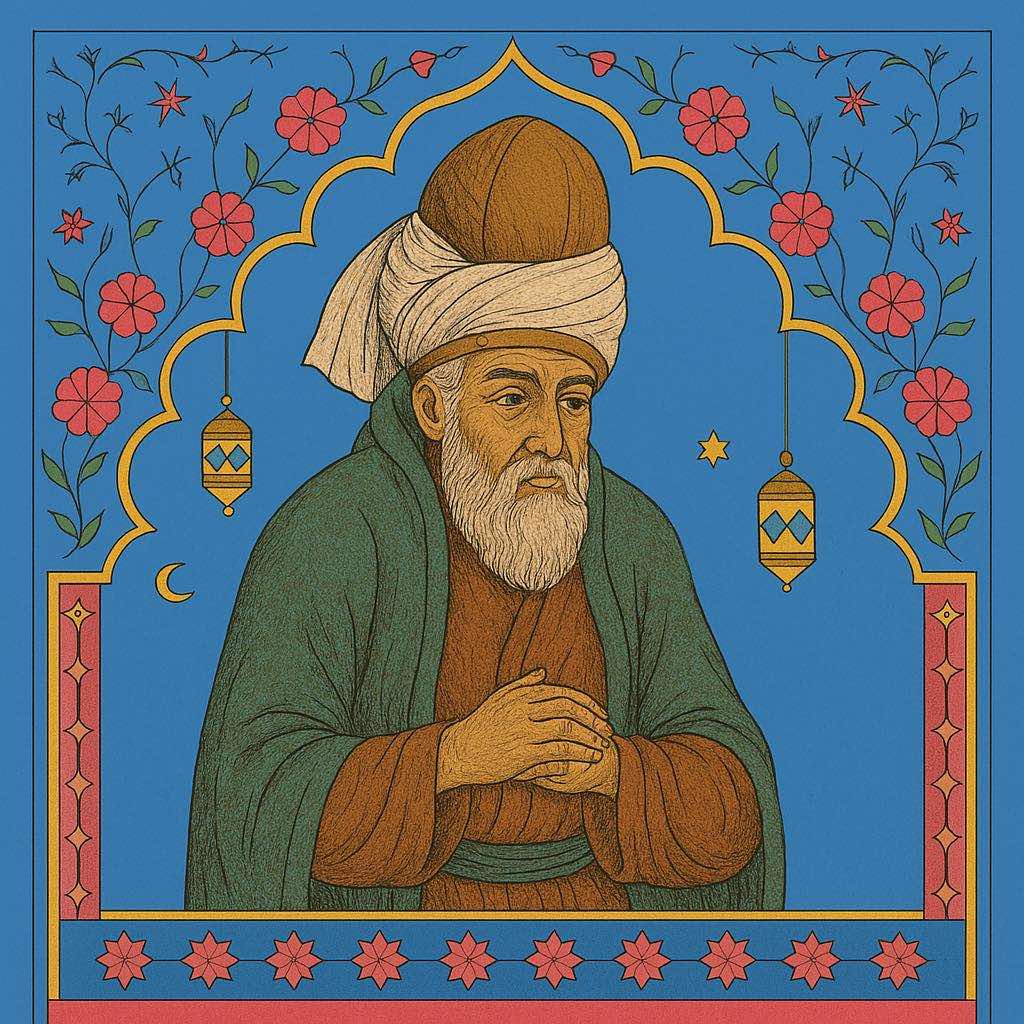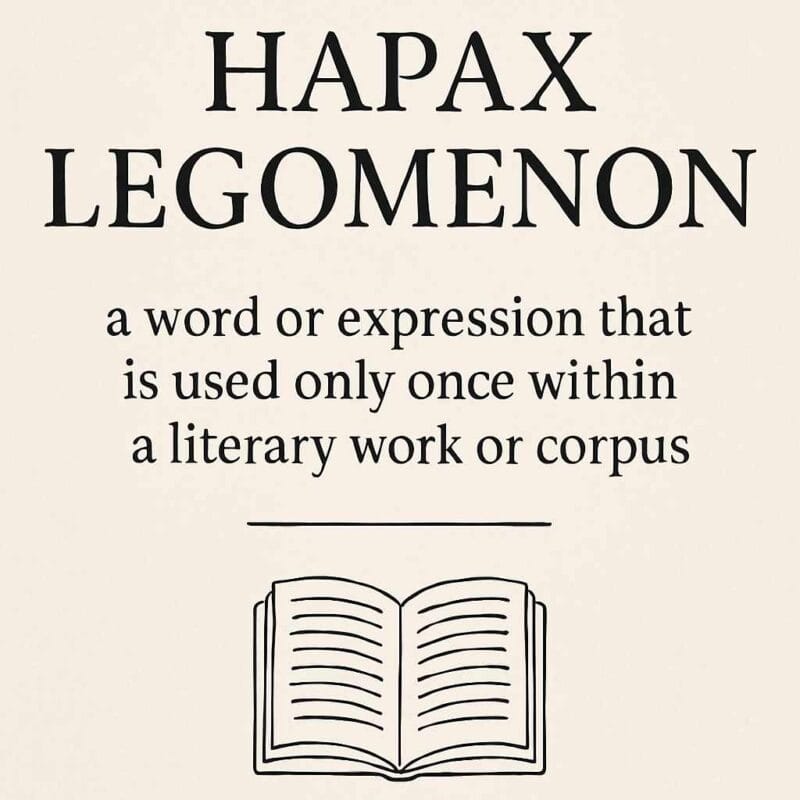Jalāl al-Dīn Muḥammad Rūmī, the 13th-century Persian poet and Sufi mystic, created verses exploring the life of the spirit whose force persists across centuries and languages. This article considers eight passages drawn from The Essential Rumi (1995), Coleman Barks’ popular English rendering, chosen for the way they concentrate Rumi’s essential thought: mysticism, self-scrutiny, and a consuming desire for the divine.
These selections, examined below, demonstrate Rumi’s unconventional viewpoint and richly symbolic expression on metaphysical subjects. They are organized according to their central theme:
- Love
- Life
- Silence
Each quotation is accompanied by commentary connecting it to Rumi’s wider intellectual currents and characteristic style. This focused examination intends not to provide a comprehensive survey but to illuminate key ideas that give Rumi’s poetry its continuing significance.
On Love
within the universe, that doesn’t mean it’s not there.
In Rumi’s poetic contemplation of love, one perceives an overwhelming current that transcends mere human affection, extending into the spiritual and mystical dimensions of existence. Rumi saw love not merely as an emotion or sentiment but as the foundational energy of the universe, the divine principle that animates and unifies all beings.
take your intellect out and let it lie down
in the mud.
When he suggests that even if rational minds fail to perceive love’s presence in the cosmos, its truth remains unchanged, Rumi highlights love’s inherent reality beyond intellectual grasp or sensory validation. In advising one to remove intellect from discussions of love, laying it in the mud, he challenges the supremacy of rational thought, advocating instead for a direct, intuitive experience of love’s profound essence.
Look at the colors of the world.
Moreover, when he urges a departure from questions about love’s utility to simply witness the world’s vibrant hues, he emphasizes love’s immediacy and its experiential richness rather than abstract theorization. Throughout Rumi’s corpus, love emerges not merely as an object of human pursuit but as the very substance of spiritual awakening and mystical union, an all-encompassing force dissolving distinctions and illuminating life’s deepest truths.
On Life
To believers, it’s gospel.
To the lover and the visionary,
it’s life as it’s being lived!
Rumi’s reflections on life consistently advocate active engagement, authenticity, and inner transformation. Central to his teachings is the embrace of life’s profound complexities and the rejection of passive acceptance. When he differentiates perceptions—pain for doubters, gospel for believers, and pure experience for lovers and visionaries—he captures life’s multiplicity and encourages an immersive participation beyond mere belief or disbelief.
have gone with others. Unfold
your own myth.
His call to individuals to transcend stories of others and instead unfold their personal narratives underscores the necessity of living authentically, creating one’s own path rather than passively absorbing external accounts. This call reflects Rumi’s broader poetic vision, in which self-discovery and spiritual realization are intertwined.
“May God cause you to change your life
in the way you know you should.”
Furthermore, the gentle humor in his prayer for divine intervention to prompt inner change illustrates his compassionate awareness of human limitations and potentials. Life, in Rumi’s poetic framework, is an active pursuit of spiritual evolution, characterized by courageous self-exploration, creative individuality, and a willingness to embrace change as a divine and deeply personal imperative.
On Silence
Live in silence.
In the lyrical poetry of Rumi, silence holds an elevated position, frequently portrayed as the purest form of spiritual communication and inner wisdom. Silence is not merely the absence of speech but an intentional state wherein clarity and spiritual insight flourish. When Rumi advises moving beyond the “tangle of fear-thinking” into a space of silence, he recognizes silence as a realm of inner peace and intuitive knowledge, liberated from anxiety and mental noise.
like a waterbag that doesn’t leak.
The vivid metaphor of guarding silence “like a waterbag that doesn’t leak” reflects silence’s preciousness and fragility, demanding disciplined mindfulness to preserve. Rumi’s exploration of silence is deeply rooted in the Sufi tradition of mystical contemplation, where silence becomes the medium for communion with the divine and an essential aspect of spiritual growth.
By elevating silence, Rumi implicitly critiques overreliance on spoken or written expression as incomplete and limited. Instead, he points toward an internal space that transcends words, where true understanding and spiritual awakening occur. Through silence, Rumi directs individuals toward a profound connection with the ineffable aspects of existence, demonstrating its vital role in accessing spiritual clarity and deeper truths.
Further Reading
Jalal al-Din Rumi by Poetry Foundation
How a Persian Mystic Poet Changed My Life by Melody Moezzi, The New York Times
The Psychology of Rumi’s Poetry by Diana Raab, Psychology Today
Why do people, not just Muslims, respect and love Rumi so much? on Reddit




